The India IP SME Helpdesk offers a wide range of case studies showcasing different experiences from EU SMEs doing business in India. They cover a wide array of topics, ranging from the registration of trade marks to the protection of confidential information.
These case studies aim to illustrate the difficulties related to the protection of intellectual property that EU SMEs deal with when internationalising to India, and how to best avoid them.
These case studies will be listed below as soon as they are published.
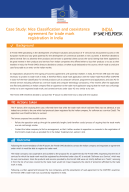
This case study highlights the importance of selecting the rights products and services for which trade mark protection is sought, and how coexistence agreements can be an option to resolve preliminary refusals of trade mark applications in India.

This case study illustrates the dangers which EU SMEs may face when applying for IP registration abroad, and what are the best practices to follow to avoid becoming a victim of this type of scams.
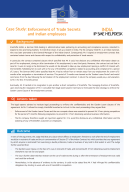
This case study presents illustrates the importance of understanding the Indian legislation when it comes to the rights and responsibilities imposed upon employers and employees when dealing with a company's confidential information.
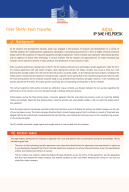
On the importance of well-drafted contracts when transferring technology to the Indian market.
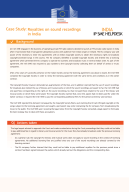
This case study illustrates how the payment of royalties for sound recordings is governed in India and how to conduct negotiations in this sector.
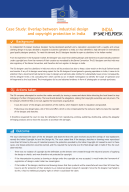
Be careful: in India copyright and industrial design protections are not complementary. Here is why, and how to act in order to avoid problems with the protection of your designs.
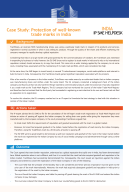
This case study illustrates best practices and issues which arise at the time of protecting trade marks with transnational reputation.
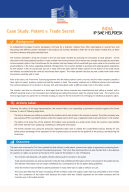
This case study is about the factors which come into account when deciding in favour of expensive patent protection, or cheaper - but riskier - trade secret protection
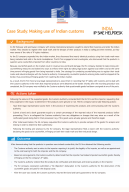
This case study presents the situation in which an EU SME had to call for help from customs to take action against infringers.
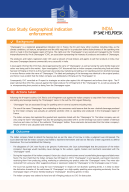
How the Champagne GI has been protected in India by the association of producers.

This case study illustrates a non confrontational option to face infringers in India: striking a deal with them
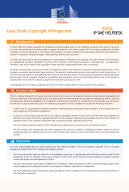
This case study tells the story of a French SME who had to take the relevant steps to protect its copyright against infringers in India

A case study illustrating what can happen if an Indian patent application does not disclose the best method for using or working the applied invention.

A case study illustrating how an EU SME has used IP licensing to enter the Indian market at reduced costs.
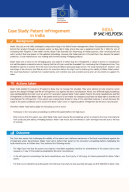
An EU SME show us how to act in case their patent is being infringed in India
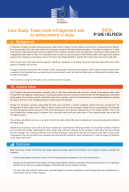
A case study on how a European company acted in after it spotted its trade mark was being infringed on the Indian market.
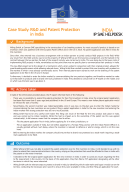
A German company specialised in the production of car breaking systems has not patented its most successful product in India. Recently, it has entered in a business arrangement with an India company for an R&D project, which has lead to the creation of a new patentable product. In order to find a...
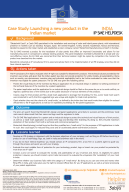
“Ekotechnik Czech”, a Czech SME specialised in the installation and servicing of solar and hybrid power plants, with international presence in markets such as Slovakia, Hungary, Spain, the United Kingdom, Turkey, Ukraine, Kazakhstan, Russia and Romania, decided to expand to the Indian market and...
